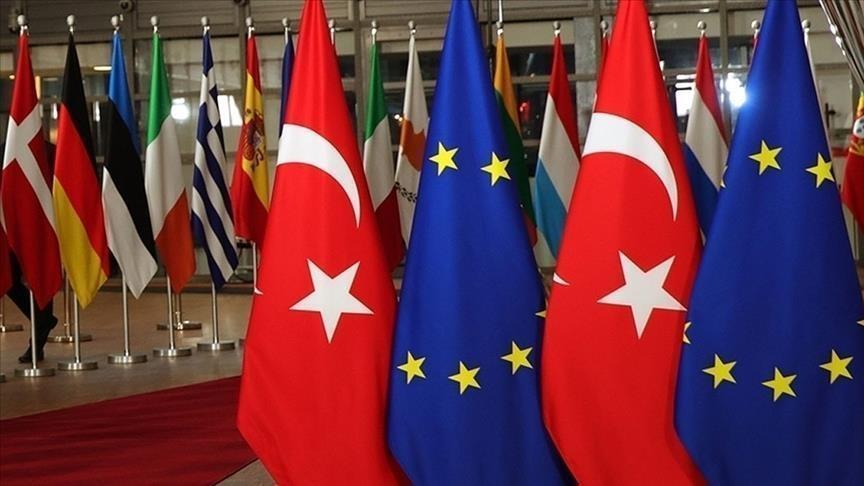
EU Commissioner for Home Affairs Ylva Johansson and Turkish Interior Minister Süleyman Soylu discussed recent developments in Syria and Afghanistan on Oct. 12.
“In the meeting today we discussed challenges resulting from the situation in Afghanistan and other areas of concern -- challenges that can only be solved by working together,” Johansson said on Twitter.
Turkey hosts the most number of refugees in the world, mainly Syrians, she added.
Separately, Soylu met with Nikolaus Meyer-Landrut, the head of the EU Delegation to Turkey.
“Within the scope of TR-EU First High-Level Dialogue Meeting on Migration and Security, we have held constructive and useful consultations on terrorism and security, migration management, fight against drugs and human trafficking, fight against smuggling and organized crimes, as well as current developments,” Soylu said on Twitter.
He thanked the delegation for its frank approach toward global and regional issues and hoped to further increase and strengthen cooperation and coordination.
Turkish President Recep Tayyip Erdoğan has said that recent developments in Afghanistan increase the risk of immigration flow, and Turkey, which hosts over 4 million refugees, “cannot shoulder a new migration burden.”
Addressing an extraordinary G20 meeting via video conference, he proposed a working group on Afghanistan under the international forum.
Thousands of Afghans have fled the country to escape living under Taliban rule since the group took power on Aug. 15.
In a statement after the meeting, the G20 said to relieve pressure on regional countries, "options of safe and legal pathways from these countries for Afghan refugees could be explored in cooperation with the UNHCR."
It added that G20 countries will support initiatives aimed at improving border management capacities in the region "to prevent illicit trafficking and irregular movements."